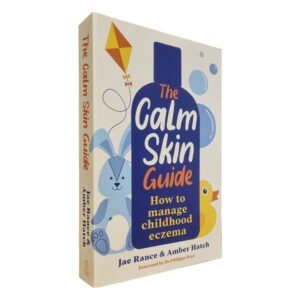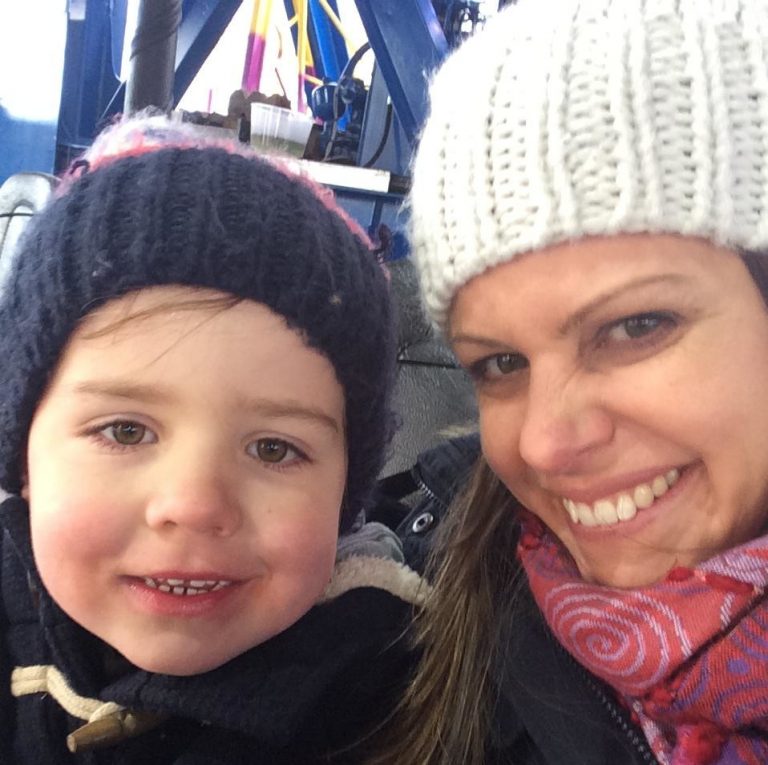Building self-confidence in your eczema child



Eczema can affect a child’s self-confidence. This is especially true when children start to notice each other’s appearance. At some point your child will realise that not everyone has eczema. And that, as well as itching, eczema doesn’t look very nice. This realisation can really knock a child’s self-confidence. Low self-confidence can affect a child’s ability to develop friendships, so they are at a higher risk of being bullied at school. It’s also not uncommon for quiet children to be overlooked by the teacher in the classroom. However, by making a conscious effort to ensure that you are building self-confidence in your eczema child, you can ensure that they are well prepared for the rigors of life.
As kids try, fail and try again before they finally succeed, they develop ideas about their own capabilities. At the same time, their interactions with other people are contributing to their concept of themselves. By supporting this learning process throughout babyhood and childhood, parents are able to help their child develop a healthy self-confidence that will see them through the rest of their lives.
While having eczema can impact on a child’s self-confidence, this won’t happen until they start to become aware that most other people don’t suffer from it. By developing your child’s self-confidence early, you will give them a good, solid belief in themselves and their abilities that will buffer them from other peoples reaction to their skin.
Here are some ideas to get you started building self-confidence in your eczema child:

- Praise often and accurately. If your child does well, make sure you praise them. Specific praise is far more effective than general praise so remember to focus on exactly what they have achieved. Remember to give praise for effort too, it will help to prepare them for dealing with disappointments.
- Focus on abilities. With the best will in the world, some eczema children will struggle with their appearance. By focusing on their abilities rather than their looks you can begin teaching them that there is so much more to life than looking ‘perfect’. If you have more than one child, be sure to use this approach with the whole family.
- Encourage your child to express feelings and emotions in a healthy way. This doesn’t mean you should let your child have temper tantrums whenever he or she wants! It means developing a healthy balance between expressing and controlling emotions in a decent manner. Let them know that everyone makes mistakes and okay to be angry, so long as you don’t take it out on others.
- Play is invaluable. Designate an uninterrupted period of time where you play with your child on a daily basis. Children are constantly hunting for recognition and attention from adults, so a play session is a great way for them to get this.
- Give your child responsibilities. This will make them feel important and part of something, as well as giving them an opportunity to develop new skills and reach their full potential.
- It’s all in a name. Use your child’s name when talking to them. This makes them feel validated and appreciated and will convey a subtle “you’re special” message. When praising your child try use his or her first name or nickname. Like many families, we save full names for misbehaviour.
- Lead by example. Children are programmed to copy the behaviours they see. Remember that an eczema child sees how their parents interact with the authority figures of medical professionals far more than the average child. Take a moment to think about what you are inadvertently teaching your little one.
- Share you experiences. Sometimes, a child’s skill level is just not there and helping kids overcome disappointments can help them learn what they’re good at. By sharing your own experiences like “I can’t carry a tune” or “I couldn’t kick a ball to save my life” will help your child to learn about themselves and to appreciate what makes them unique. If you were shy as a child, talk about what helped you.
- Spend time with other children. Social skills are developed through experience. Join a playgroup, organise play-dates, taking a swimming class, or go the story-telling sessions at the local library. While it can be difficult to deal with the inevitable ‘what’s wrong with your child’ conversations, the social skills which your child will learn from both playing with other children and seeing you interacting with their parents will be invaluable in later life.
- Role-play with toys. This can help a child through specific self-confidence issues as they get to be a character they wouldn’t normally be. Let your child assume the role of adult and note the way he or she treats you when you are the shy character – this can unlock valuable information about your child’s thinking.
- Be careful what you say. Even young children will pick up on negative messages that they hear in conversation. Some conversations are best held out of ear-shot.
There are many ways you can develop your child’s social skills, boost their self-esteem and build self-confidence. With a little TLC you can ensure that your little one grows into a well-adjusted, happy and confident little person regardless of their eczema.
Here at ScratchSleeves we don’t just share our experiences of bringing up an eczema child (and favourite allergy friendly recipes), we also manufacturer and sell our unique stay-on scratch mitts and PJs for itchy babies, toddlers and children. We now stock sizes from 0-adult years in a range of colours. Visit our webshop for more information.
The Calm Skin Guide
Love our blog? It's also available in book format with:
- First hand accounts from parents & medical professionals
- Easy navigation
- Comprehensive index
- Additional material
Signed copies available at no extra cost
Written by:
Reviewed by:
Interesting article? Don't keep it to yourself...
Read next...
You may also find helpful...
Quick buy


Multi Buy Discount

Spend between £30 - £60 and save 5%
Spend between £60 - £120 and save 10%
Spend over £120 and save 15%
Discount automatically applied at checkout
No Quibbles Guarantee

ScratchSleeves abide by a no quibbles guarantee.
Free UK Postage

Free packing and postage on all UK orders. For overseas orders to Europe postage is from £3.50, to USA is £6.50 and to the rest of the world, from £3.75.







